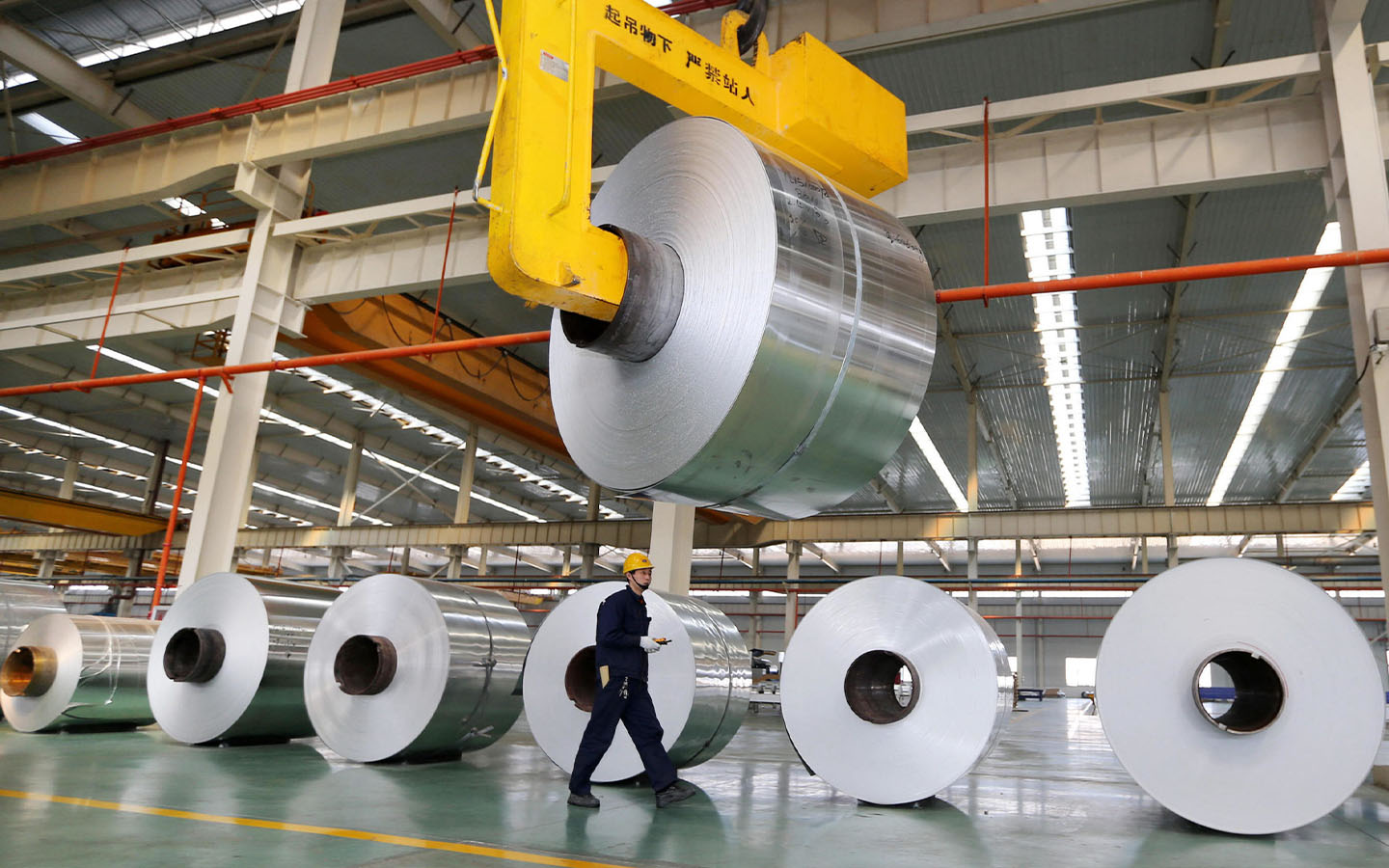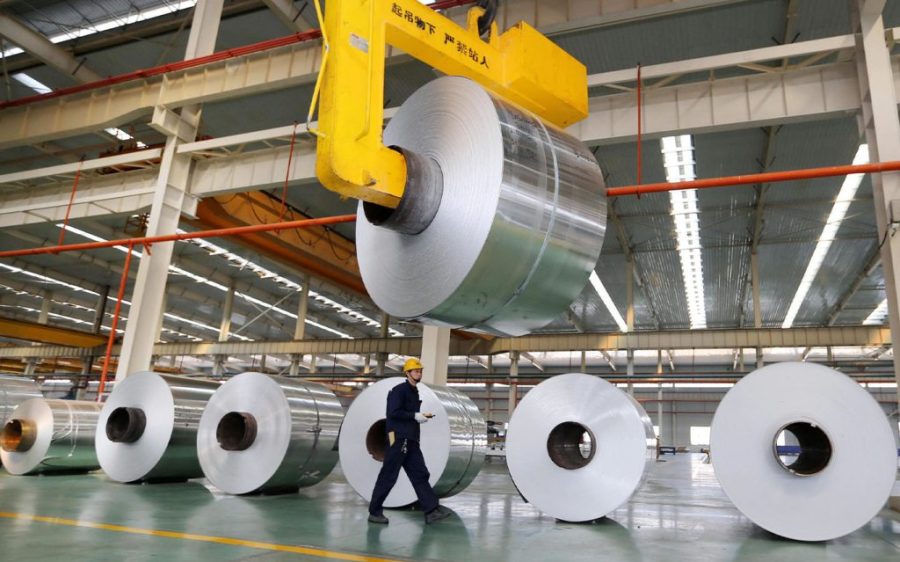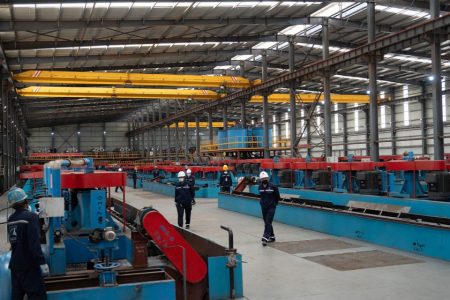Angolan authorities gathered in Barra do Dande last Saturday to lay the first stone in a new US$1.6 billion aluminium industrial park project, marking the start of construction on “another notable milestone” in Angola-China economic cooperation.
The project is expected to take 8 to 10 years to complete all five phases. “Once the industrial chain has been completed,” notes a statement from the provincial government of Bengo, it “will produce aluminium ingots, aluminium alloy ingots, aluminium tram poles, aluminium rods, aluminium sheets, aluminium rolls and other products.” Officials expect the project to generate around 12,000 jobs and revenue of US$3 billion.
Dubbed Huatong Aluminium Industrial Park project, the project is being built by Huatong Angola Industry, a consortium of two subsidiaries of Hebei Huatong Wires & Cables Group. Huatong Chairman Zhang Wendong the enterprise was looking to develop a lasting partnership in Angola and promote broad collaboration.
[See more: New Angolan minister highlights the positive impact of Chinese investment]
Phase one, with an estimated investment of US$250 million, will come into operation next year with a capacity to produce around 120,000 tons of electrolytic aluminium annually. This phase will employ around 1,200 workers, most Angolan nationals, and generate annual revenue of US$250 million. Phase two will take longer, coming into operation within four years, and require an investment of US$450 million to add 2,300 jobs and increase annual revenue to over US$500 million.
The company estimates that more than 80 percent of its production will be exported, enabling the generation of at least US$400 million annually in foreign exchange for Angola. Chinese ambassador to Angola Zhang Bin hopes that the park – and the institutional support the company received from the government – will attract more Chinese companies to invest in Angola.
Carlos Manuel de Carvalho Rodrigues, Angolan secretary of state for industry, said that “this important and significant investment undoubtedly materialises another notable milestone in the Angola and China economic cooperation agenda.” He also highlighted the “important role of the manufacturing industry” as Angola seeks to diversify its economy.






